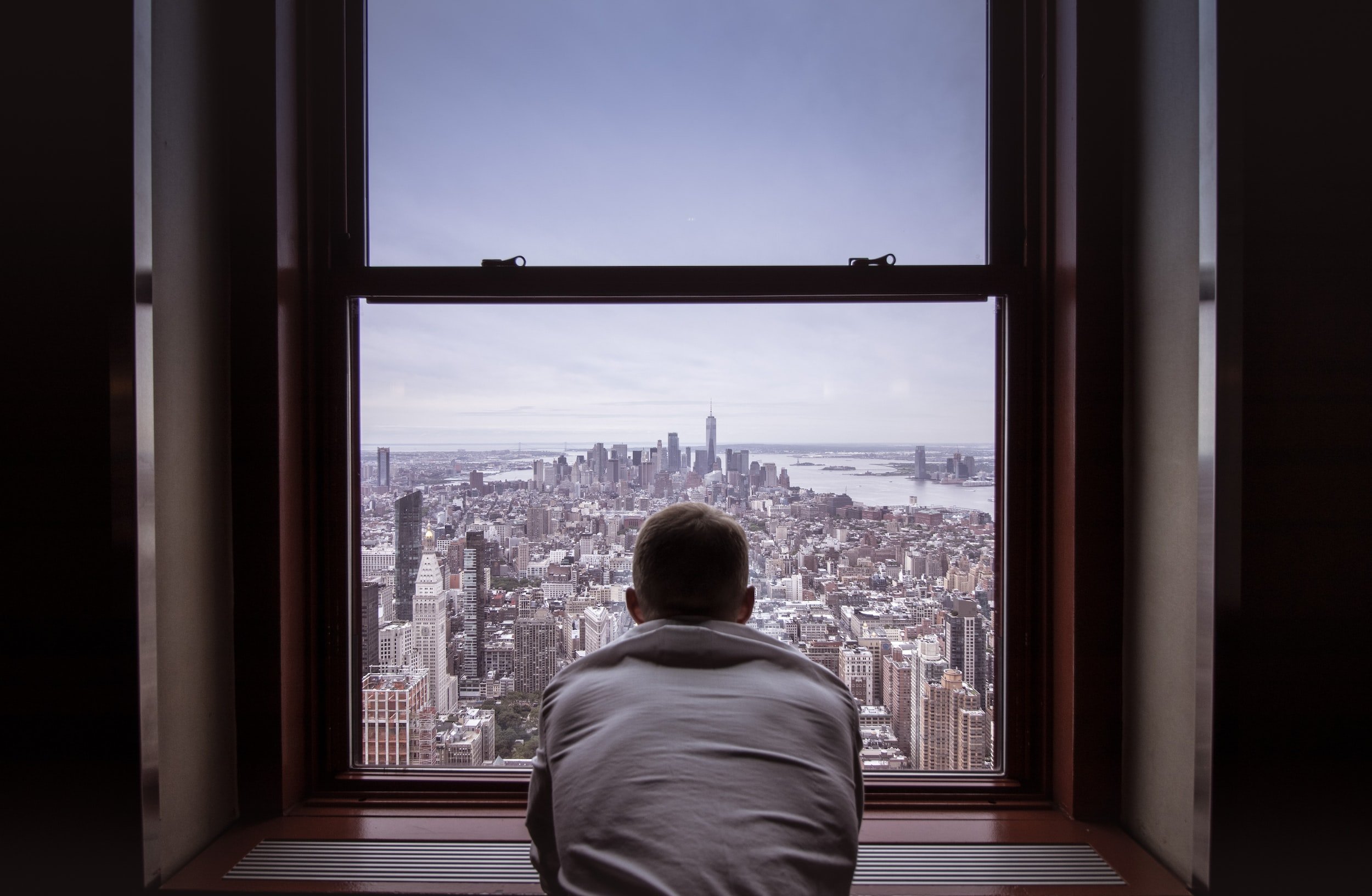Mindfulness- What if it Feels Worse to be Present?
As a somatic and trauma-informed therapist based in New York City, clients usually come to me with an acknowledgment of the science behind mindfulness or meditation, however, have difficulty with the practice. This is especially true for clients that are experiencing anxiety, depression, or complex trauma. Sometimes I even get feedback that practicing mindfulness actually makes their symptoms feel worse! In this article, I’ll share with you why practicing mindfulness can lead to more unpleasant sensations, feelings, or symptoms. Does this mean that mindfulness is not for you? Actually, the contrary! By the end of this article, you’ll learn how to reshape your mindfulness practice to fit your goals.
Why does mindfulness make some of us feel worse?
Mindfulness is the ability to be aware of our bodies, sensations, thoughts, and emotions in their current state. This brings awareness to where we are now instead of fixating on the past or jumping to the future. This is a great way to live life in the present and help tolerate and even relieve symptoms of stress, anxiety, and triggers from trauma. By living in the present we are able to feel more appreciation for what we have and feel more in touch with our experience no matter how small. There are many health benefits to mindfulness but it can also fall short sometimes.
Mindfulness can make you feel worst because bringing awareness to yourself can heighten the feeling of stress, anxiety, or despair that are already present. We have a fast pace, numbing culture in our society, often involving technology, extending ourselves socially, using substances, intellectualization or other forms of activities that keep some of us in the cycle of not fully feeling. When mindfulness is introduced the unpleasant feelings relating to our life or ourselves may come to focus which can feel unbearable.
New ways to practice mindfulness
Practice when you wake up
It can be helpful to practice small amounts of mindfulness, even just for a few minutes when you first wake up to start your day. This is before stress hits your system. Committing to this practice also communicates to your body that you are prioritizing yourself before you have to go and do things for other people, such as work.
Starting in small increments will help your system from being overwhelmed, which can make things “feeling worse”
One of the goals of mindfulness is to coexist with our current state of being, even if it’s hard. If you are new to the practice or if it’s been feeling overwhelming, make sure you practice turning on your awareness for short increments of time—even just for one minute.
Start with just a few minutes at a time and increase the duration as it becomes more tolerable (for example starting with 2 minutes then increasing to 5 then 10, 15, etc). Research shows that just 5 minutes of daily mindfulness can help. This will also help you expand your distress tolerance allowing you to sit with the uncomfortable feelings of depression or anxiety for a little longer. The window of tolerance helps you coexist with the symptoms without it feeling too big or feeling like it’s taken over.
Use self-compassion when it feels hard
When it feels dificult, name the feelings that are present and practice self-compassion. Sit with that compassion for yourself, and see what happens. I know sometimes self-compassion can be difficult but incorporating it slowly (even if you don’t believe it) with your practice can help introduce calm and patience to your system, ultimately helping you shift from negative beliefs to more positive ones.
Incorporating dual awareness
Dual awareness is when we notice what is present naturally—maybe that might be worry, stress or anxiety (mindfulness) and also notice the parts of ourselves that are more quiet or calm such as your hands or your room. Notice what happens as you turn your attention there. Some may view this as a “distraction” but I view this as giving your body some space to process the anxiety with something that feels good simultaneously. This is a somatic therapy hack—you can influence your current state by grounding your unpleasant feelings with feelings that are more neutral. This may help you tolerate being present a bit longer and help alleviate symptoms.
How mindfulness changes your brain
The cool thing about our brain is that it can always change, through the phenomenon of neuroplasticity—this means that new experiences or practices (both pleasant and unpleasant) can continue to alter or influence the way our brain reacts and even change reactions that already exist. By practicing mindfulness, your brain is adapting to a more present and calming way of being—this creates fewer reactions and triggers as you can start to notice what you really want or need before you act out of impulse.
Your brain will become more flexible and adaptable to stress, anxiety, and trauma symptoms as you increase your distress tolerance.
Why mindfulness is your superpower
You don’t need to be mindful or present all the time. Zoning out or compartmentalizing is necessary to get through your day! However, a small increment of mindfulness is something you can access, no matter where you are, as long as you have a body, you can do it! How powerful, when we’re able to use our body and systems to shift our awareness and feelings. Learn more about somatic-mindfulness-based therapy or contact me for a free consultation to see how I can support you in building your superpower towards findings more peace and clarity. I wish you the best on your mindfulness journey, until next time!

